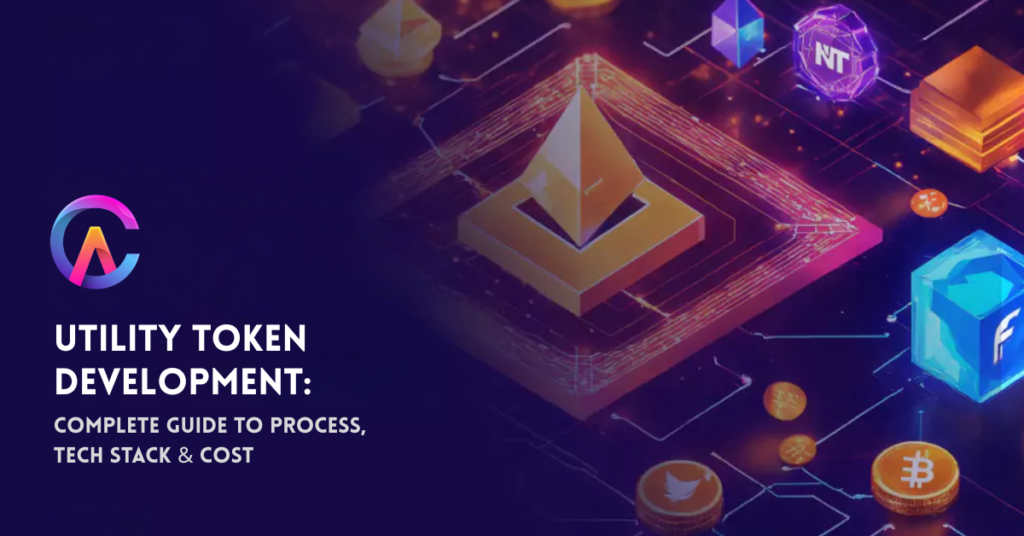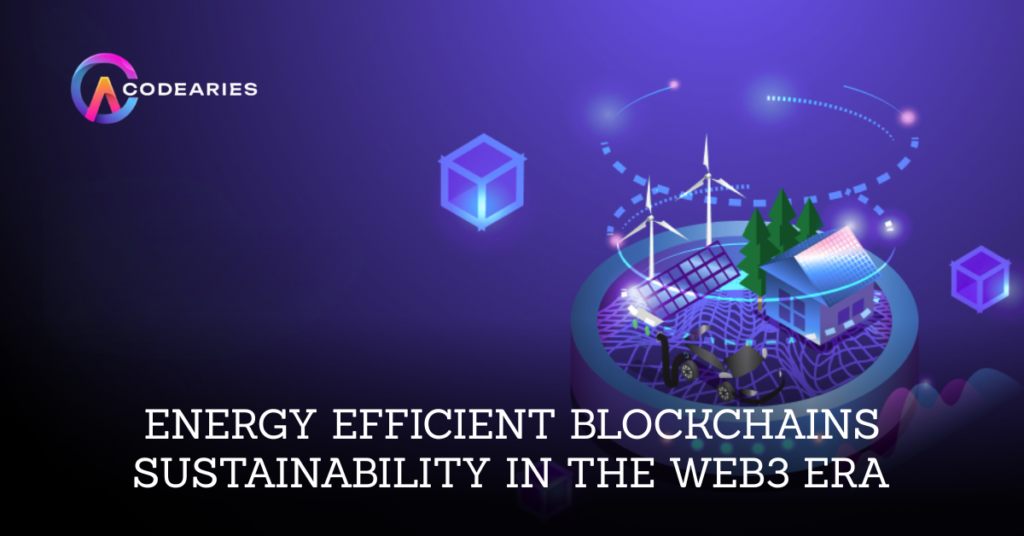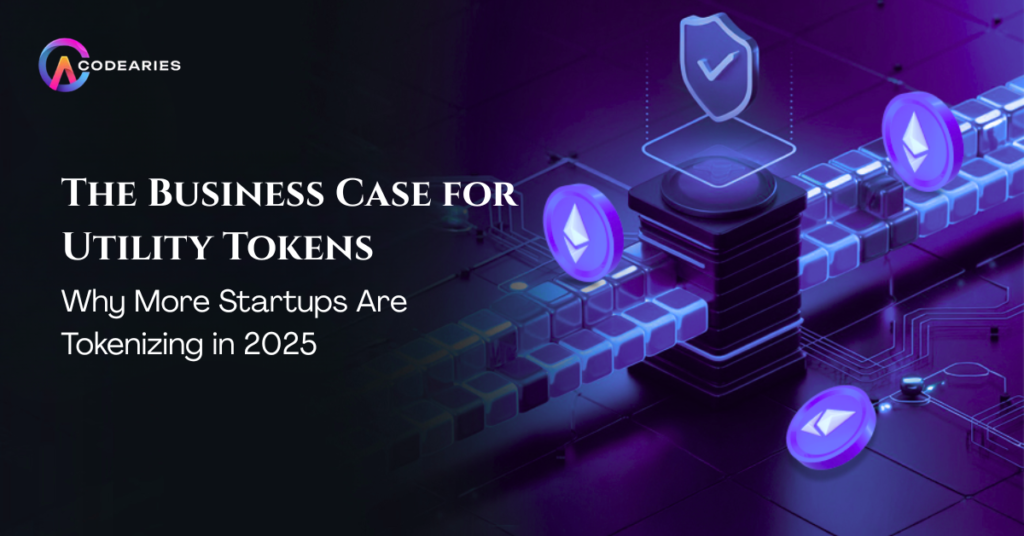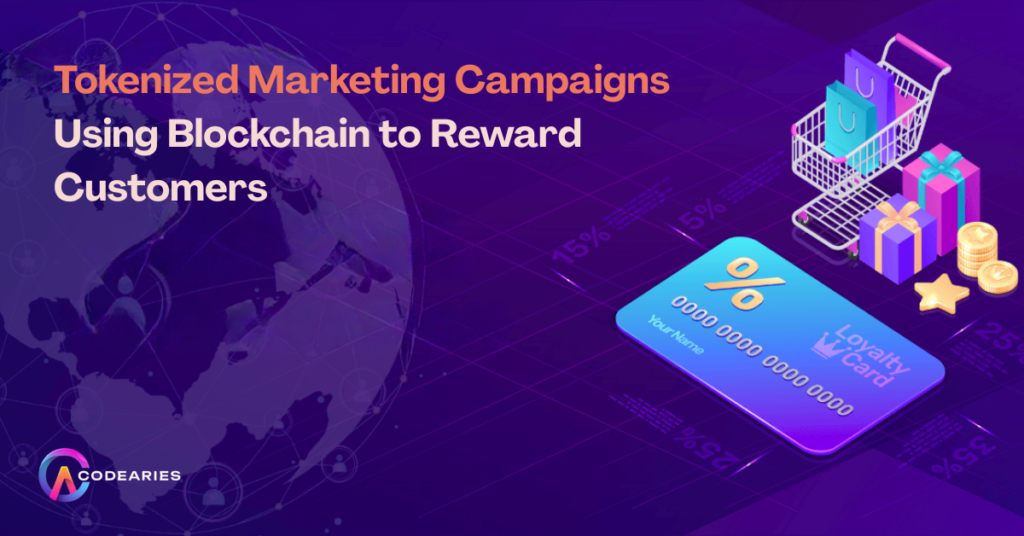The Solana Ecosystem Explained: Key Projects, Tools & Growth
Read 6 MinThe Solana ecosystem has emerged as one of the most vibrant and rapidly evolving hubs in the Web3 space. It combines impressive transaction speeds, low fees, and a swiftly growing array of DeFi, NFTs, infrastructure, and consumer applications. For founders, traders, and builders, grasping the key projects, tools, and growth narrative of Solana is crucial for navigating the upcoming wave of blockchain adoption. This guide delves into Solana’s core value proposition, its major ecosystem pillars, and practical tools. It wraps up with insights on how Codearies supports teams in building and scaling on Solana, along with some frequently asked questions focused on Solana. Why Solana Matters in 2026 Solana is a high performance layer one blockchain crafted to handle thousands of transactions per second, all while keeping fees low and ensuring quick finality. Its fundamental design choices emphasize: These features make Solana particularly appealing for DeFi, decentralized exchanges (DEXs), payment systems, NFT marketplaces, and social and mobile first dApps, where speed and cost are paramount. Core Technology Concepts in Solana Proof of History and Proof of Stake Solana employs a hybrid mechanism that combines Proof of History, which provides a cryptographic timeline for transactions, with Proof of Stake, which secures consensus and validation. Together, these mechanisms facilitate the parallel processing of transactions across the network, supporting high throughput. Parallel Execution and Sea level Rather than executing all transactions one after the other, Solana’s Sealevel runtime allows many transactions to run in parallel, provided they don’t interact with the same state. This significantly boosts capacity and is a key reason why DEXs and order book based protocols thrive on Solana. Solana Programs and Accounts In Solana, smart contracts are referred to as programs, and data is stored in accounts. Each transaction specifies which accounts it will read from or write to. This explicit access model is fundamental to achieving parallelism and performance, influencing how developers design contracts and user experiences. Key Ecosystem Pillars DeFi on Solana DeFi continues to be one of the standout areas for Solana Spot and Perpetual DEXs In the world of decentralized exchanges, order book and AMM style platforms are leading the charge. Thanks to Solana’s high throughput and low latency, it’s a perfect fit for: Lending and Borrowing Lending protocols on Solana allow users to earn yield and borrow against collateral, supporting major Solana tokens, stablecoins, and liquid staking derivatives. Liquid Staking Staking is crucial for Solana’s security, and liquid staking tokens let users delegate their stake while keeping their liquidity in DeFi. This means they can earn staking rewards and still use their assets as collateral at the same time. Stablecoins and Payments USDC and other stablecoins are popular for on chain payments, trading, and yield strategies. With Solana’s low fees, transferring stablecoins is affordable, making it ideal for remittances and microtransactions. NFTs and Digital Culture Solana is also a leading player in the NFT space, featuring: The low fees make it easier for small creators and encourage frequent interactions, like gaming loot boxes or dynamic art updates. Consumer Apps Social and Mobile A new wave of Solana applications is putting consumer experience front and center: This trend is pushing Solana beyond just trading, aiming to integrate it into everyday life. Infrastructure and Developer Tools The ecosystem thrives thanks to a robust set of tools that support it. These essential components significantly reduce the hurdles for teams working on new protocols and applications. Solana Development Basics Programming Languages While most Solana programs are crafted in Rust, there are frameworks and transpilers available for TypeScript and other languages. Rust offers great performance and safety, but it can be a bit challenging to learn. Frameworks help simplify the process and speed up development. Account Model Design Since Solana requires transactions to specify accounts in advance, developers need to plan carefully around: Testing and Deployment Local validators and devnet clusters give teams the chance to simulate conditions before launching on the mainnet beta. Continuous integration setups typically compile code, run unit tests and integration tests, and then deploy through command line interfaces or tooling pipelines. Growth and Ecosystem Health Solana’s growth is evident across various metrics: The ecosystem has successfully navigated significant stress tests and continues to draw in new founders, thanks to its performance, user experience, and ever improving tools. Challenges and Considerations No ecosystem comes without its trade offs. Smart teams prioritize redundancy, monitoring, and security right from the start. How Codearies Helps You Build and Scale in the Solana Ecosystem Codearies is here to support both startups and enterprises eager to harness Solana’s speed and low fees for next gen products. Strategic Architecture End to End Solana Development Security and Performance Ecosystem Integration With Codearies, you gain a Solana savvy partner from the brainstorming phase to mainnet launch, helping you create resilient, scalable apps that feel as fast as Web2 but operate natively in Web3. Frequently Asked Questions Q1: Why should you choose Solana over an EVM chain for a new project? Solana really shines when you need high throughput, low latency, and super low fees, think order book trading, real time gaming microtransactions, or consumer apps that involve lots of small interactions. If performance and user experience are your main goals, Solana is often a fantastic choice. Q2: Is it tough to find developers who can work on Solana? While Rust skills are definitely in demand, the ecosystem has expanded significantly. Codearies has a dedicated team focused on Solana and can help your in house developers get up to speed with frameworks, patterns, and code examples. Q3: Can existing EVM projects transition to Solana? Absolutely, Many protocols are designed to operate across multiple chains. The architecture is different, so you can’t just copy and paste contracts, but Codearies can assist you in creating a Solana native version that retains your core logic and brand while taking full advantage of Solana’s strengths Q4: How does Codearies ensure security for Solana projects? We adhere to best practices for account and program design, conduct thorough testing,












